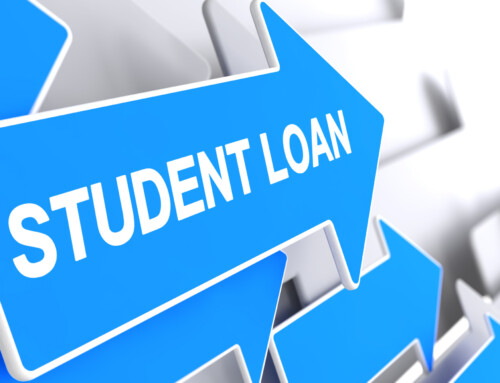The Student-Loan Siphon New evidence that the college debt bomb is hurting the economy.
Posted By Ruth King on August 30th, 2015
For years we’ve warned readers about the burgeoning calamity known as student loans, and the latest news is that the debt bomb is hurting the economy as well as the federal fisc. New evidence from the Federal Reserve Bank of Philadelphia illustrates how subsidized student loans sap small business creation.
Student loans have ballooned tenfold since 1999 to more than $1 trillion, the authors note in a July report. Other consumer debt—mortgages, car loans, credit cards—dipped during the 2008 financial crisis, but student debt doubled from $547 billion in 2007, nearly all of it on Education Department books. The Philly Fed is the first to examine how mortgaging an education influences entrepreneurship.
Here’s the connection: Entrepreneurs borrow money to get rolling. But the average student-loan customer owes $28,000 and so some enterprising adults are loaded up with debt, even decades after graduation. Nascent business (with no employees) report capital of about $44,000, according to a recent survey; half comes from loans and lines of credit. Debt-financing, the Fed points out, is critical for expanding a business in the years following its founding.
Yet graduates have sunk too far into the red to amass more liabilities, and not even bankruptcy can liberate them. The Fed found that new firms with roughly five employees dropped 17% on average between 2000 and 2010 in counties where relative student debt grew by 2.7%. Pockets of the Midwest seem hardest hit, and much of this debt is saddled on middle-class students and families. The authors call the correlation “significant” and “economically meaningful,” which in academic publishing means “huge.”
One result is that students choose different careers, flocking to existing companies—if they manage to find a job in an economy in which more than half of parking lot attendants report some college experience. There’s no longer an incentive to plunge into the risk-taking that produces valuable and innovative companies. It’s fashionable to treat college as an Elysium promising higher earnings and eternal happiness, but the Fed research is the latest clue that many students would be better off without a degree. The 17% delinquency rate is another hint.
Less obvious is the damage to the economy. The report notes that small businesses create six in 10 new jobs, and make up about half of the private economy and 99% of businesses. This could slow as small business creation wanes, and there’s other evidence this is happening among young people. The Kauffman Foundation has reported that new entrepreneurs ages 20 to 34 fell to 23% of self-starters in 2013. That’s down from 35% in 1996.
The irony is that taxpayer-subsidized student loans have always been pitched as a way to improve the lives of students. Now it’s clear they’re hurting not only the taxpayers who underwrite them but the students they’re designed to help and an economy still hobbling along after a recession.




